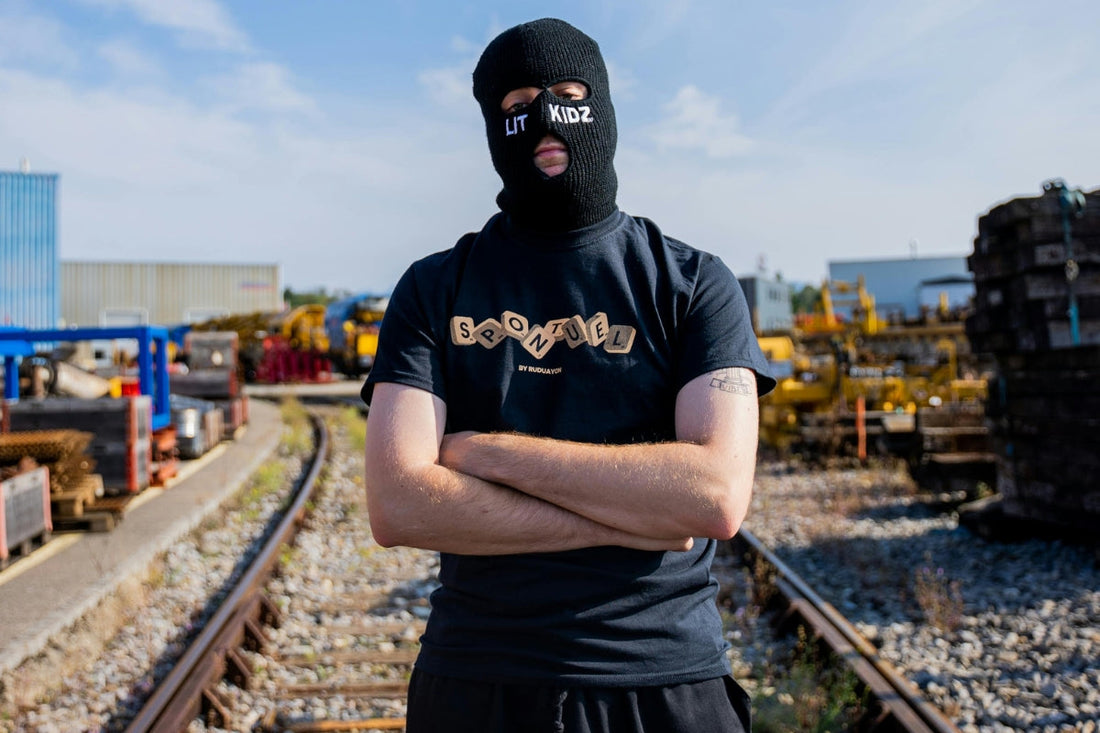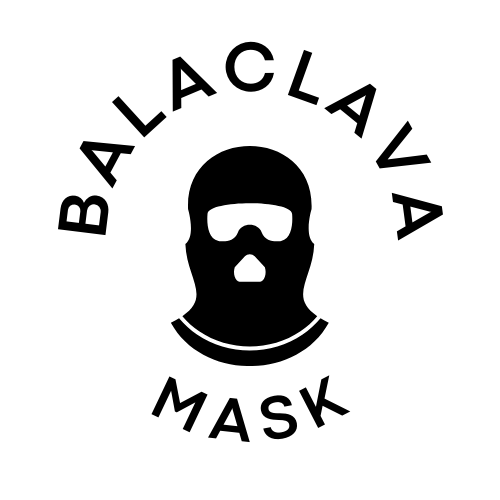
Are balaclavas illegal in the UK? Understanding face coverings, law and reality
If you’ve ever pulled a balaclava over your head on a frosty morning—hoping for warmth but getting a suspicious side-eye instead—you’re not alone. The humble balaclava is one of those items that sparks debate as much as it shields from the wind. Is it illegal to wear a balaclava in the UK? Or is its reputation for criminality more about myth than legal mandate? Let’s unravel the facts behind the fabric, with a dash of real-world context and just enough story to keep things cozy.
No need for alarm (or pitchforks). We’re diving into the law, cultural assumptions, and everyday realities—so you know exactly where you stand, whether you’re cycling through London or popping out for milk in Manchester.
The legal landscape: is wearing a balaclava illegal?
This one’s simple: wearing a balaclava in public in the UK is not outright illegal. There isn’t a specific British law that bans balaclavas as clothing. So if you fancy strolling down Oxford Street bundled up, you’re perfectly within your rights—as long as you don’t step too heavily on anyone’s toes (or sheep’s tail).
But here’s the woolly catch: context really matters. It isn’t just what you’re wearing, but why, where, and how you’re wearing it. The authorities care far more about your intent and circumstances than whether your winter gear matches your gloves.
The association with criminality: more myth than mandate?
Let’s set the scene. Balaclavas started as practical kit for Crimean War soldiers, then morphed into the go-to disguise for movie bank robbers and street-style icons alike. Over time, this knitted mask became code for anonymity or hiding identity, often linked (fairly or not) with criminal intent.
But is that fair? Not entirely. This stereotype has stuck, leading people to raise eyebrows even when you’re just trying to keep your ears warm. Still, it explains why some see balaclavas as symbols of trouble—even when they’re nothing more than a shield against January winds.
Proposed bans on balaclavas: have they happened?
Every so often, headlines shout about proposed bans on balaclavas, especially after high-profile protests or spikes in crime. Yet, there’s no national blanket ban in the UK. Most suggestions target “face coverings” broadly, rather than pointing fingers at balaclavas specifically.
Local rules do pop up, though. Certain venues—think airports, stadiums, banks—might display warnings or enforce policies against covered faces. But these are localized measures, not sweeping national laws.
Police powers regarding face coverings: when do they intervene?
British police have significant discretion under laws like the Police and Criminal Evidence Act 1984. If an officer reasonably suspects you’re covering your face to hide your identity—especially during a protest or investigation—they can ask you to remove it. Refusing might escalate matters, especially if it interferes with identification after suspected wrongdoing.
That said, everyday situations—like brisk walks or coffee runs—rarely attract such scrutiny unless there’s a reason to suspect you’re up to something more than keeping your nose warm. The key? Intent and context always guide enforcement.
Face coverings, identity and public space: what’s allowed?
The UK hasn’t followed countries like France, which fully outlaw face coverings in public spaces. Here, individual freedoms matter—but so does security. The line gets drawn where safety or order is threatened.
For example, Section 60AA of the Criminal Justice and Public Order Act 1994 lets senior officers direct people to remove face coverings during protests or public disorder. Refuse, and you could face fines—up to £1,000 in some cases. However, enforcement is rare and usually tied to specific incidents.
In daily life, flexibility reigns. Cycling to work? Protecting yourself from cold or pollution? Wearing a balaclava for religious or health reasons (post-pandemic masks included)? These uses are typically exempt. As social attitudes shift, so too does what’s considered normal—or suspicious—in terms of covering your face.
When use turns illegal: intention, intimidation, and crime
There’s a world of difference between pulling on a balaclava before braving the snow and donning one to conceal your identity during a crime. The law zeroes in on intent. If you’re wearing a balaclava with the aim of intimidating others or committing an offense, you’re suddenly on the wrong side of legality.
Investigators look closely at whether balaclavas were used to intimidate or commit crime. That same piece of knitwear switches from innocent to incriminating based on behavior, timing, and circumstance. In court, proving intent is everything.
Use during protests or public order situations
Demonstrations bring extra attention. Police can—and do—require removal of face coverings if they believe you’re dodging identification or contributing to unrest. Refusal can mean arrest or a penalty notice. After violence or rioting, these powers get even stricter. Here, the balance tips in favor of public safety over personal privacy.
So, if you’re headed to a rally, maybe leave the cat burglar look at home—unless you want to chat with the police about your sartorial choices.
Intent to intimidate or commit crime
This is where the grey area vanishes. When courts see evidence that a balaclava was part of a plan to threaten, rob, or attack, consequences follow. Cases involving attempted anonymity or hiding identity during crimes almost always mention the balaclava. Fines and jail time become very real possibilities, fueling the garment’s notoriety in headlines.
Real-world examples and evolving attitudes
Consider the events of 2019: environmental protestors prosecuted for wearing balaclavas during violent clashes. Law enforcement swiftly invoked face-covering statutes, imposing temporary bans. Similar patterns emerged in other demonstrations. Each time, the law was applied case by case—never as a sweeping prohibition.
Yet, outside these flashpoints, spot checks remain rare. Cyclists, skiers, and runners sport balaclavas routinely, drawing little notice. Since the pandemic, even supermarkets have seen more covered faces—normalizing what once might have raised suspicion.
Cultural shifts post-pandemic have blurred old lines. Masks became commonplace, and the stigma around face coverings in public spaces softened. Today, most people judge intent, not attire.
Frequently asked questions about balaclavas and UK law
1. Can I wear a balaclava in public spaces in the UK?
Yes, wearing a balaclava in public is generally legal in the UK, as long as your intent is not to intimidate, commit a crime, or evade police identification. Context matters, and issues usually arise during protests or in areas with heightened security concerns.
- Daily use for sport or warmth is allowed.
- Certain venues may enforce their own policies.
2. What are the penalties for refusing to remove a balaclava when asked by police?
Refusing a police direction to remove a face covering, especially during a protest or investigation, can result in penalties such as a fine of up to £1,000. Serious offenses connected to criminal activity can bring more severe consequences.
- Fixed penalty notices may be issued on-the-spot.
- Arrest is possible if further offences are suspected.
| Offense | Possible Penalty |
|---|---|
| Refusal during protest | £1,000 fine |
| Criminal intent proved | Fines or imprisonment |
3. Are there exemptions for health or religious reasons?
Yes, individuals who cover their faces for religious observance or medical reasons are generally exempt from restrictions on face coverings in public spaces. Police and security staff may still seek clarification if identification becomes necessary, but these cases are treated carefully to respect human rights.
- Medical masks post-pandemic are widely accepted.
- Certain religious face coverings are legally protected.
4. Do local councils have special rules about face coverings?
Some local councils or private venues, like sports arenas or airports, impose stricter rules and may prohibit face coverings for safety. These are not national laws, but compliance might be required inside private or high-security zones.
- Rules vary depending on location and event type.
- Always check posted signage for specific guidance.
So, the next time you reach for your balaclava, remember: in the UK, it’s less about the knit and more about the narrative. Stay warm, stay smart, and—above all—let your intent be as clear as your conscience. Now, go forth and conquer the cold, knowing you’re well within the law… unless you’re also planning a jewel heist (in which case, maybe reconsider your accessories).
